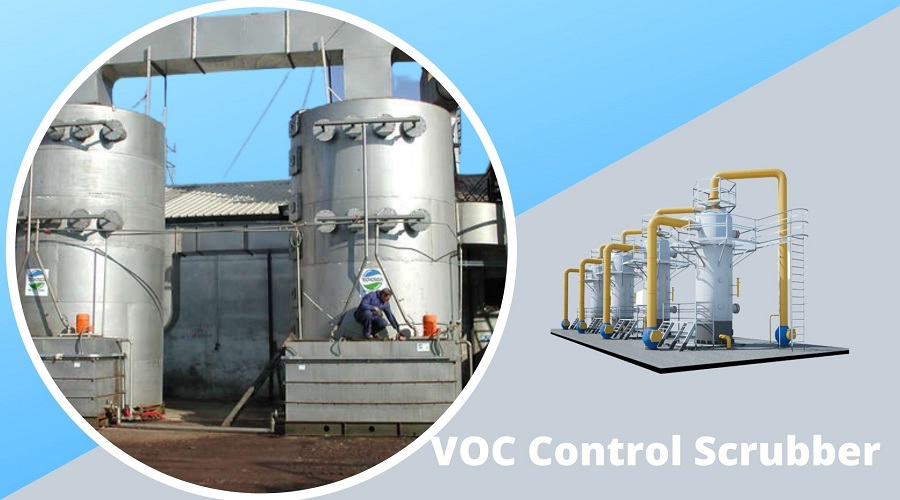VOC control scrubbers are used in industries to remove pollutants from air and water. While it would seem that these scrubbers would be a great solution to environmental pollution, there are some drawbacks to this technology. Nowadays, AI software has created a cost-effective scrubber without many flaws.
What is VOC?
They are a byproduct of many kinds of industrial and gasoline-powered vehicles. VOCs can be harmful to the environment and people’s health when released into the atmosphere.
The VOC Control Scrubber is a pollution control device that uses a scrubber to remove VOCs from the air. The scrubber sits on a furnace that burns low-emitting fuel, such as natural gas or oil. The heat from the furnace melts the ice on the scrubber blades, which removes the VOCs from the air.
How does the VOC control scrubber work?
The VOC Control Scrubber uses an electrostatic filter to remove volatile organic compounds from the air. Scrubbers are placed in exhaust pipes and act as natural filters. Electrostatic filters contain negatively and positively charged particles. The positively charged particles attract the negatively charged particles, and the scrubber removes the volatile organic compounds from the air.
How does VOC affect the environment?
A VOC is a volatile organic compound. Volatile organic compounds can be hazardous to the environment because they can form ozone, a toxic gas, and cause water pollution. The most common VOCs are car exhaust fumes, paint fumes, and household cleaning products.
Benefits of using a VOC control scrubber
Environmental pollutants can have severe consequences for the environment and human health. A scrubber is a device that removes contaminants from air or water using a combination of physical, chemical, and biological processes. They are often applied in industrial settings to reduce environmental pollution.
The benefits of using a scrubber depend on the type of scrubber employed. For example, a physical scrubber uses contact with air or water to remove pollutants. This type of scrubber often appears in industrial settings. In contrast, chemical scrubbers remove impurities by utilizing chemicals. You can usually find them in hospitals and other institutions. The biological scrubber removes pollutants with microorganisms. This type of scrubber typically appears in agricultural settings.
There are several types of scrubbers, each with its benefits and drawbacks. If you want to select the best scrubber for your application, it is crucial to understand the specific needs of the environment and the pollutants you are trying to remove.
Using a scrubber includes reduced environmental pollution, improved indoor air quality, and decreased health risks. A scrubber may even eliminate pollutants from the air or water in some cases.
Conclusion
Environmental pollution is a growing problem that we as a society are struggling to solve. One of the most effective ways to reduce environmental pollution is through scrubbers. A scrubber is a device that removes pollutants from the air, water, or soil. Using a scrubber can help reduce the number of harmful chemicals that reach our environment and bodies. If you’re looking for an environmentally-friendly solution to reducing pollution in your workplace, consider investing in a VOC control scrubber.
